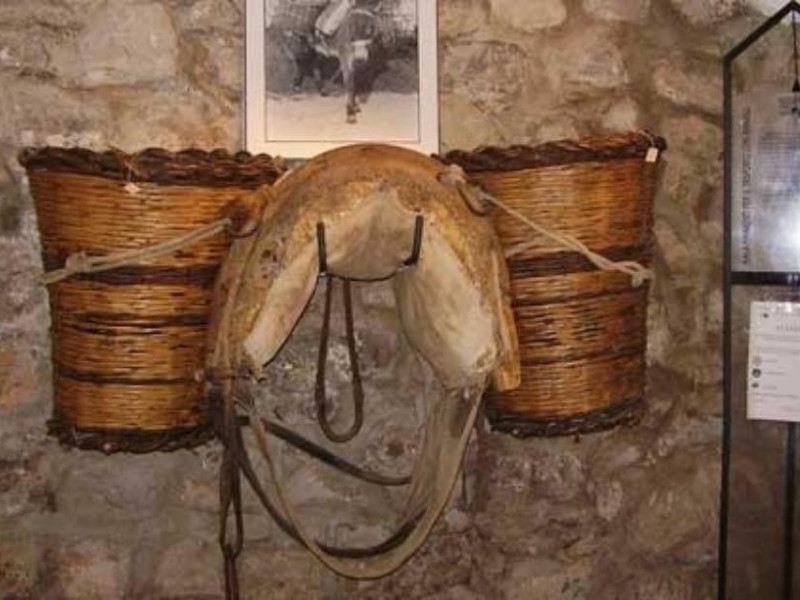Museo della civiltà contadina e dell'ulivo
The Museum is located in premises under the Municipal House, a building dating back to 1879 and owned by the Trani family, one of the wealthy families of Pastena. The Museum collects material evidence of farm life in Pastena, a Ciociarian village with an ancient history and an agricultural vocation that is evident from its name. The Latin "pastinare", in fact, means turning the earth to make it cultivable. Everything revolves around the olive tree: the museum is housed in an old oil mill, a detail which shows how the processing and production of oil had considerable economic importance, as well as being a carrier of social and special symbolic-working values. The museum layout rotates around this, through 13 rooms that bring together objects typical of work and the peasant tradition, but also environments typical of the houses of the place, like the kitchen and the bedroom. The tradition illustrated in the exhibition echoes the many festivals that are held each year in Pastena, each loaded with religious and social symbolism. The "May" festival, in which pagan traditions blend with elements of the Christian religion, is famous.

